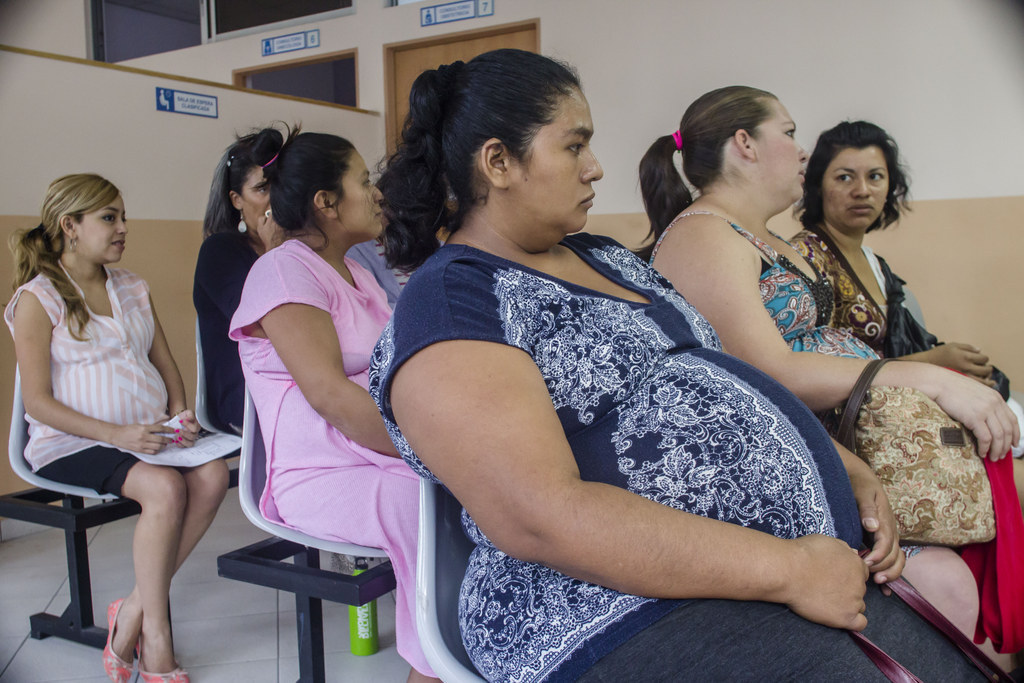So you've probably heard of Zika, the mosquito-borne virus turned epidemic in Latin America.
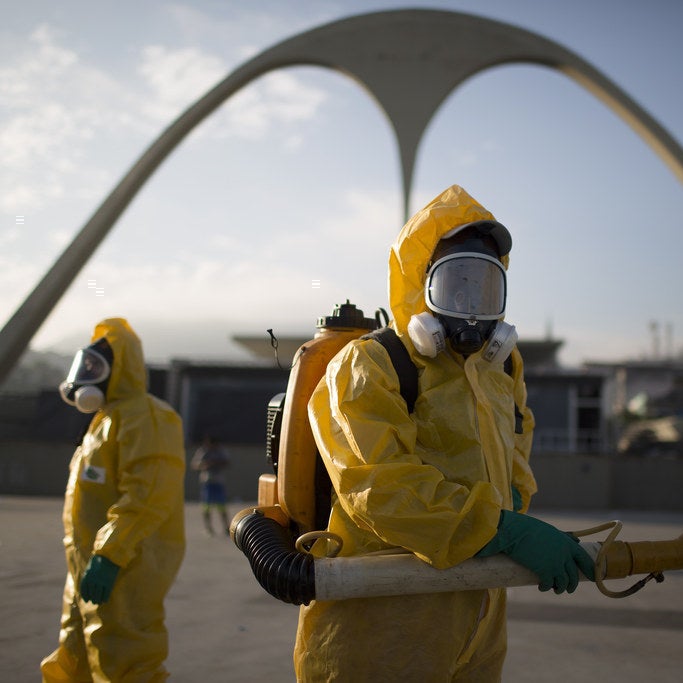
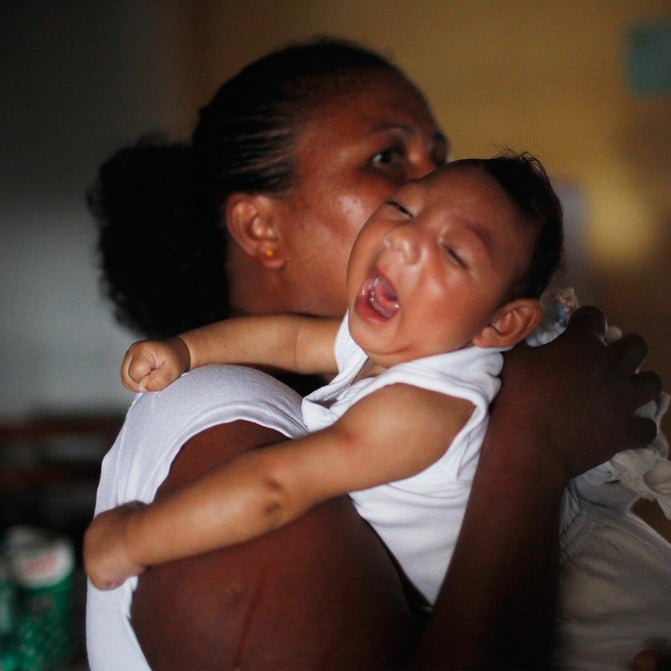
The Zika virus is transmitted to people primarily through infected mosquitos in tropical regions — there is no vaccine or cure. The first outbreak happened last May in Brazil, and now there are epidemics in 22 other countries in Central and South America. The CDC has also confirmed over 30 travel-acquired cases in the United States, and it's estimated that 3 to 4 million people in the Americas could become infected with Zika in the next year.
Even though Zika is generally a mild virus, it was recently declared a global health emergency as the epidemic coincides with a rise in babies born with birth defects. In Brazil, the prevalence of Microcephaly (a condition where a fetus' brain stops growing so the baby is born with an abnormally small head and brain damage) during the second half of 2015 was over 10 times higher than the historical prevalence. And experts believe that Zika infections during pregnancy may be to blame.
All this news can be pretty terrifying for anyone who's pregnant or thinking of becoming pregnant — so how worried do you actually need to be about Zika?

1. First of all, health officials still don't know how likely it is to have a baby with microcephaly if you're infected with Zika during your pregnancy.
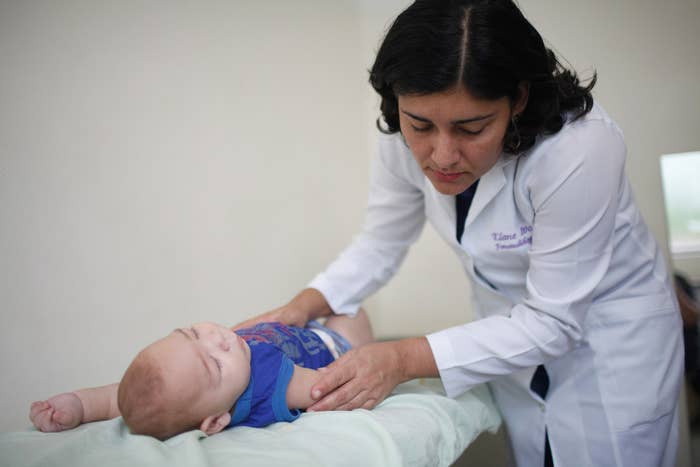
2. But if you are currently pregnant, just avoid travel to countries where Zika is endemic.

3. If you don't have any travel plans and Zika isn't an issue where you live, you don't need to worry.

4. Zika is actually a very mild infection that usually doesn't have any symptoms.

5. But if you're pregnant and you notice more than one symptom — fever, rash, joint pain, red eyes — see your OB/GYN.
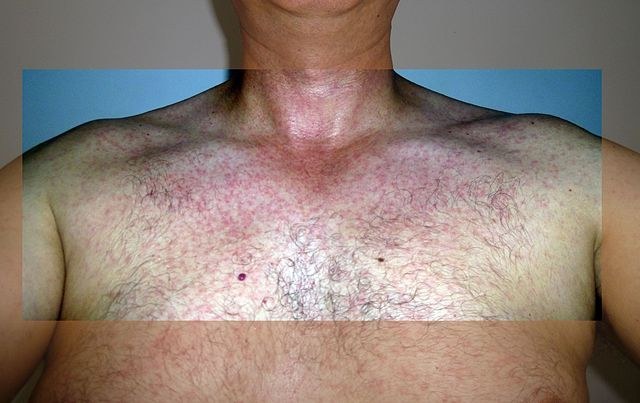
6. Researchers aren't sure when in the pregnancy a Zika infection is most risky, but it's most likely earlier in the pregnancy when the fetus' organs are forming.

7. The Zika virus should clear your system in about two weeks, so it shouldn't affect a future pregnancy if you were exposed before you got pregnant.

8. New evidence shows that Zika can be sexually transmitted, so if you're pregnant, it's best to avoid unprotected sex with someone who may have been exposed — at least for about two weeks.
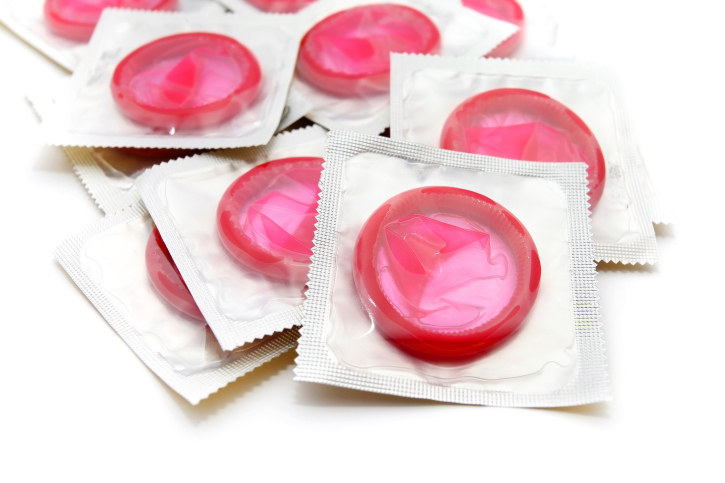
9. You don't need to run to a doctor every time you get a mosquito bite — even if you are pregnant.
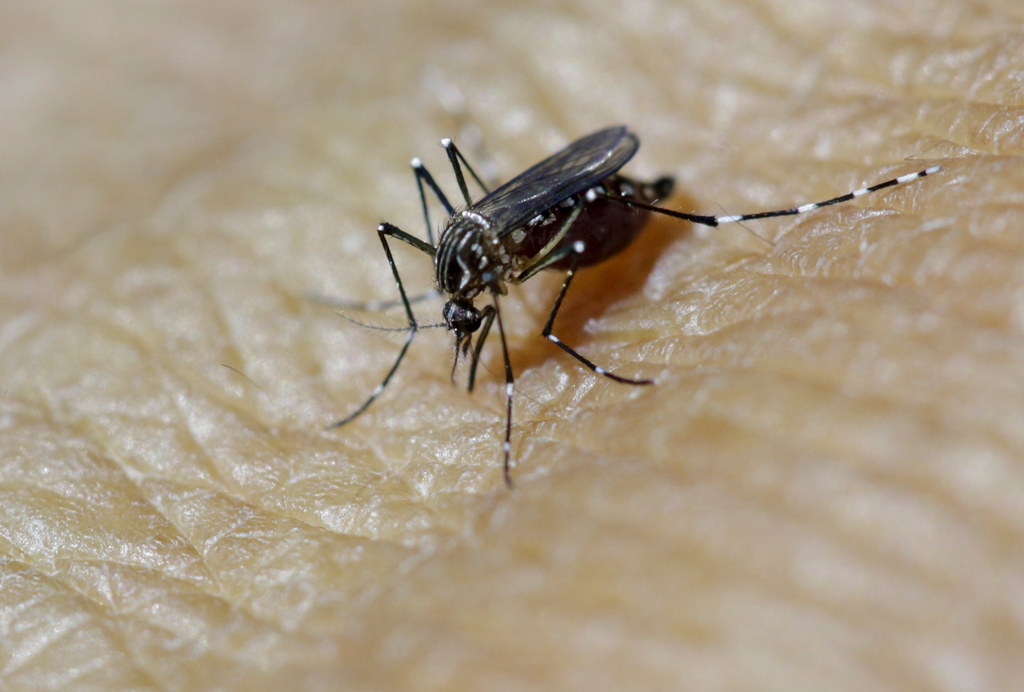
10. But it's still a good idea to avoid mosquitos and protect yourself from bites.

11. Try not to freak out about warmer weather bringing more mosquitos — that doesn't mean that they'll all be carrying Zika.
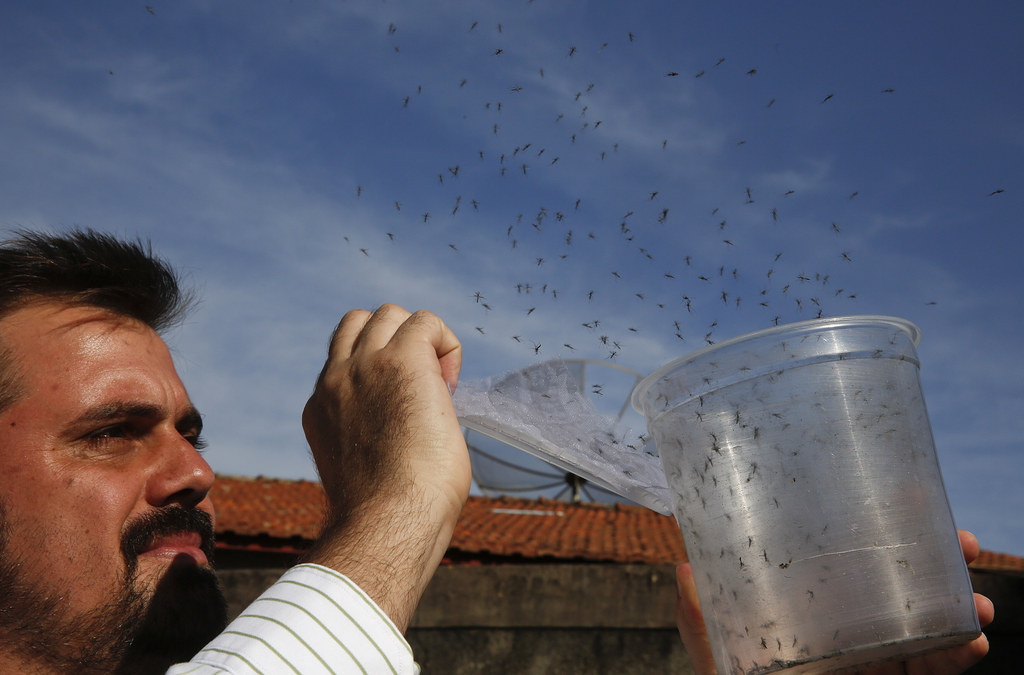
12. If your doctor believes you're at risk or you test positive for Zika, they'll work with you to monitor brain growth.

13. Seriously, don't panic.
